445,602 TONS OF MUNICIPAL SOLID WASTE (MSW) GENERATED IN RAMSEY AND WASHINGTON COUNTIES

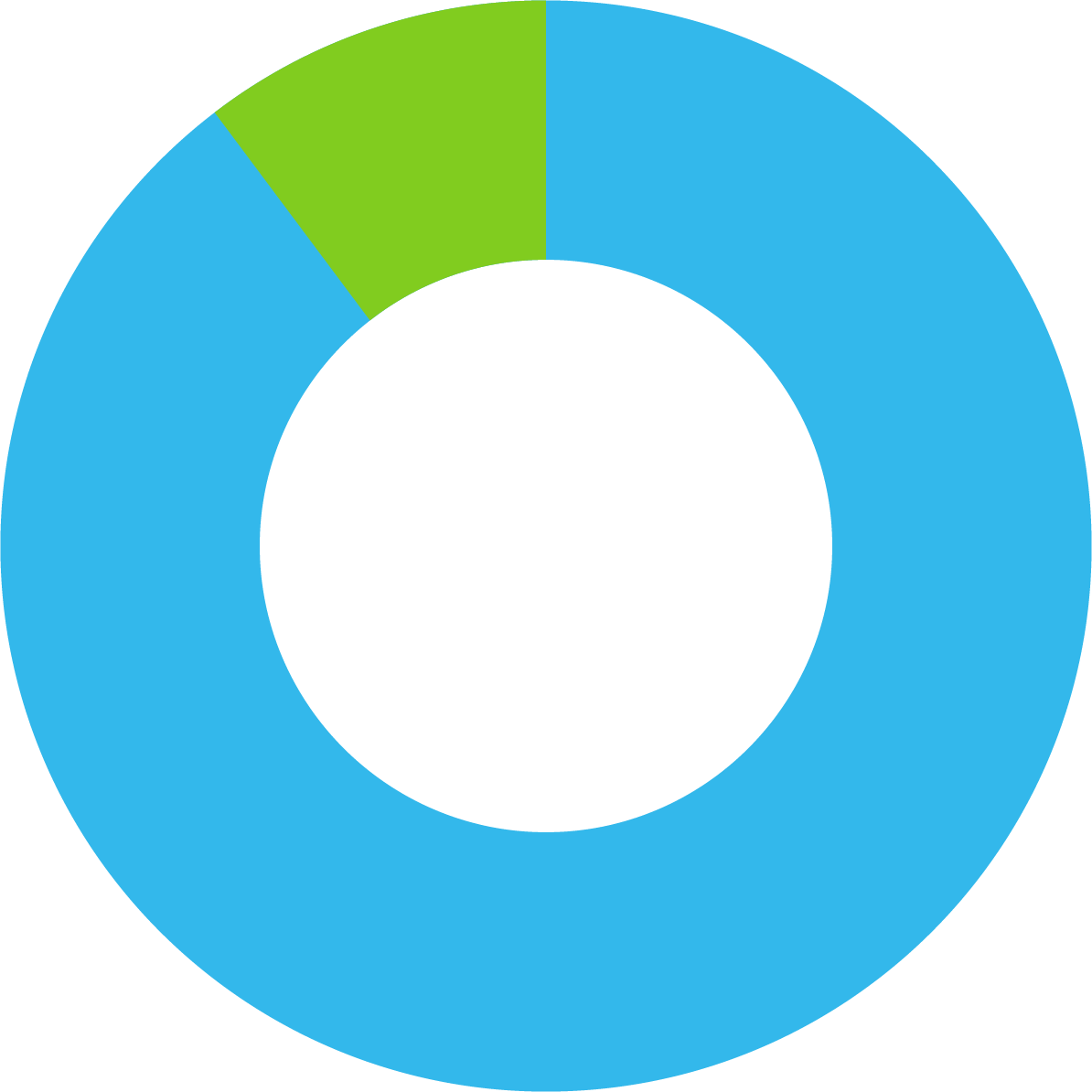

R&E VISION
Vibrant, healthy communities without waste.
Ramsey/Washington Recycling & Energy’s vision is “vibrant, healthy communities without waste.” Ramsey/Washington Recycling & Energy (R&E) approaches this work with strong and supportive leadership from the R&E Board, a balanced budget for facility operations, and shared county investment in joint waste programming. This report highlights the impressive work jointly completed by R&E and the two counties in 2021.
On Earth Day 2021, R&E broke ground on construction for processing improvements at the R&E Center. When complete, these improvements will help recover additional recyclables from the trash and enable residential collection of food scraps. Throughout 2021, staff worked to secure vendors and began to develop the infrastructure for the food scraps pickup program, including program bags, website, customer service support and staffing. We look forward to the program being rolled out in 2023.
We said farewell to Zack Hansen and wish him the very best in his retirement. Thank you, Zack, for your tremendous leadership. And welcome, Michael Reed, who is joining Nikki Stewart on R&E’s Joint Leadership Team.
Victoria Reinhardt
R&E Board Chair

Ramsey/Washington Recycling & Energy is the organization through which Ramsey and Washington counties collaborate to reduce and manage waste. R&E employs 53 union and 25 administrative and professional staff. R&E staff develop and implement programs that help residents and businesses reduce waste and recycle better, collaborating with over 30 staff from the two counties in this work. R&E owns and operates the R&E Center, where all trash from the two counties is delivered so that it can be processed to recover value.
The R&E Board oversees this work and is comprised of commissioners from the two counties, as well as ex officio members from the City of Newport and the Minnesota Pollution Control Agency.
The R&E Joint Leadership Team (JLT) is the executive team responsible for carrying out the functions and direction of the R&E Board. This includes managing R&E employees and R&E Center operations, directing joint county waste planning work among the three organizations, and developing and overseeing R&E budgets. The JLT includes one staff member from Ramsey County Environmental Health and one staff member from Washington County Department of Public Health & Environment.
In 2021, Zack Hanson retired from his position as director of Ramsey County Environmental Health and member of R&E’s JLT. Zack had worked for the counties since 1984, providing vision and leadership in addressing waste, recycling and energy policy. After his retirement, Zack received a much-deserved lifetime achievement award from the Solid Waste Association of North America. R&E is grateful for Zack’s commitment to R&E and the counties. Thank you, Zack!
Michael Reed, Ramsey County Environmental Health Division Manager, has replaced Zack as the member of R&E’s JLT. Prior to assuming this role, Michael was a supervisor in the Ramsey County Environmental Health Division with the Solid & Hazardous Waste Compliance Program. Welcome, Michael!
Michael joins Nikki Stewart, Washington County Senior Environmental Resources Manager, on the R&E Joint Leadership Team.
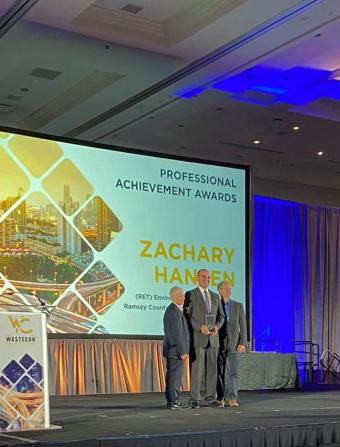

By weight, food scraps make up about 20% of the trash collected in the two counties. To keep this material from becoming waste, the counties and R&E are developing a program to collect food scraps from residents at their homes so that this material can be converted into nutrient-rich compost and renewable biofuels. This service will be available to all residents in the two counties at no cost and is anticipated to roll out in 2023.
The program will utilize thick, compostable “food scrap bags” to collect this material. Food scrap bags will be collected with trash and then sorted from the trash after collection. This system requires no additional carts or collection trucks and allows all residents to participate, regardless of city, housing type or hauler. Here’s how it will work:


R&E hosted a virtual groundbreaking event on Earth Day (April 21). The building where food scrap bags will be sorted from the trash was completed in February 2022 and will allow for operations testing before program launch.
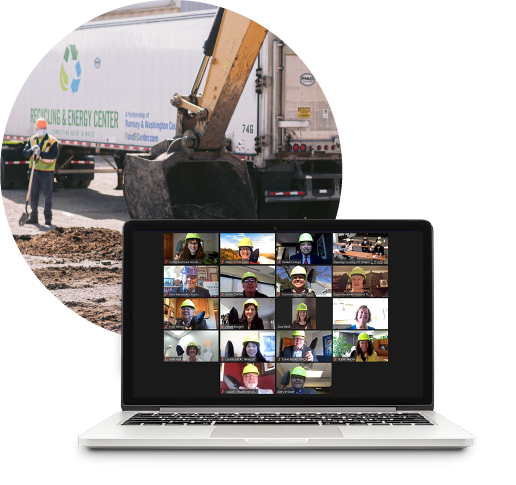
In 2021, R&E undertook major planning and development efforts for the implementation of the food scraps pickup program. While residents’ experience will be simple and convenient, there are multiple components of the system’s design to be implemented prior to program launch. This includes contracting for:
The R&E Board authorized solicitations to procure vendors for these services and began the process of awarding contracts in 2021 after competitive procurement processes. These services will be developed throughout 2022. R&E’s new contract manager, Jim Redmond, plays an integral role in securing relationships with these vendors.
In 2021, R&E also hired a program coordinator, Juna Ly, to coordinate the food scraps pickup program. Welcome, Jim and Juna – we’re glad to have you. We have a busy year ahead of us!

Through its programs, R&E helps residents and businesses reduce waste.
BizRecycling helps businesses, non-profits, apartment buildings, schools and institutions reduce waste and recycle better.
21 Roots Farm is a local farm dedicated to offering nature and agriculture-based programming that helps people with developmental disabilities cultivate a sense of purpose and community. When 21 Roots Farm heard about BizRecycling through the Saint Paul & Minnesota Foundation, they reached out to see how their recycling and composting could be improved.
A BizRecycling grant helped the farm purchase trash, recycling and composting bins. In addition, they were able to use grant funds to purchase compostable dining products, compost tumblers, an in-ground compost system and a vermi-composting system.

additional pounds of recycling diverted from the trash annually
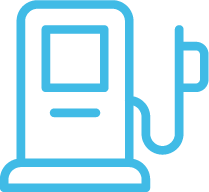
gallons of gasoline conserved annually

more pounds of food scraps composted onsite annually
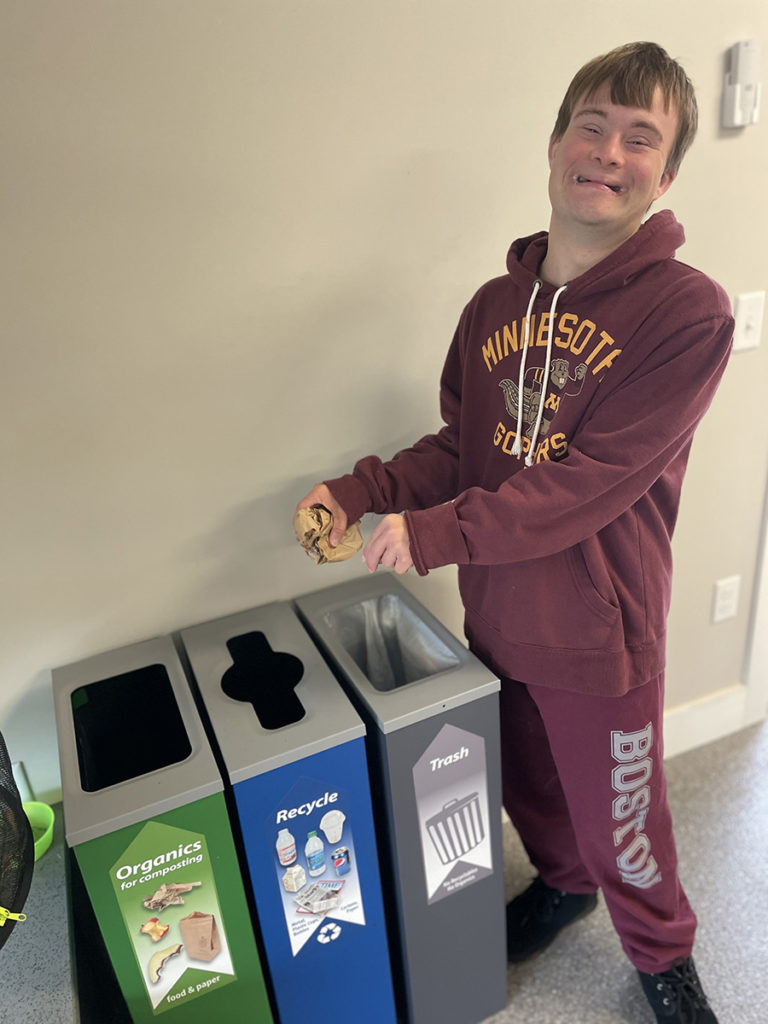
2.5 million pounds of waste diverted from the trash
1,551 pounds of CO2 avoided
$76,762 in annual cost savings to businesses
215 businesses received on-site consultations
23 started collecting recycling
30 started collecting organics
66 made improvements to existing collection systems
112 awarded grants
$593,733 in grants awarded
$34,921 in materials (for example, recycling bin labels) given to businesses to support recycling efforts
17% of businesses that received grants are owned by people of color
534,000 pounds of waste diverted
652 pounds CO2 avoided
$22,850 in annual cost savings to properties
86 apartment buildings received on-site consultations
5 started collecting recycling
1 started collecting organics
42 received grants
$449,372 in grants awarded
$100,276 in materials (for example, totes to help residents carry recyclables from their apartments to the recycling dumpster) distributed to 120 apartment buildings to support recycling efforts
2 buildings that received grants are owned by people of color and 28% are in neighborhoods highly vulnerable to climate change
In 2021 BizRecycling allocated funding to support businesses in implementing large-scale waste prevention projects. These projects can take many different forms, including reusing or donating items, buying in bulk, reducing packaging, reuse and remanufacturing.
There were eight Waste Reduction and Innovation Grants awarded, totaling $331,876. Projects are being implemented in 2022, with an anticipated reduction of 240,000 pounds of waste. The awarded projects include:
In 2014, BizRecycling adopted a goal to reach 40% of eligible businesses in Ramsey and Washington counties (a total of 3,685) with information, technical assistance and grants by 2020. BizRecycling exceeded this target by over 10%, reaching 4,072 businesses. In 2021, BizRecycling staff and partners engaged in strategic planning to determine future direction for BizRecycling.
This new four-year (2022-2025) strategic plan maintains BizRecycling’s core competencies of assisting businesses in increasing recycling and organics capture rates, while also shifting focus to achieve greater environmental impact by:
The full strategic plan can be read here.
The apartment recycling specialist program was launched in 2021, with a focus on climate vulnerable neighborhoods in Ramsey County. Apartment recycling specialists participate in recycling training, then support resident education and recycling/waste reduction activities in their apartment complexes, building community capacity and increasing waste diversion. Specialists have completed a wide range of projects, including starting food scraps collection for their building, organizing a pumpkin/yard waste collection event and hosting informational sessions with other residents.
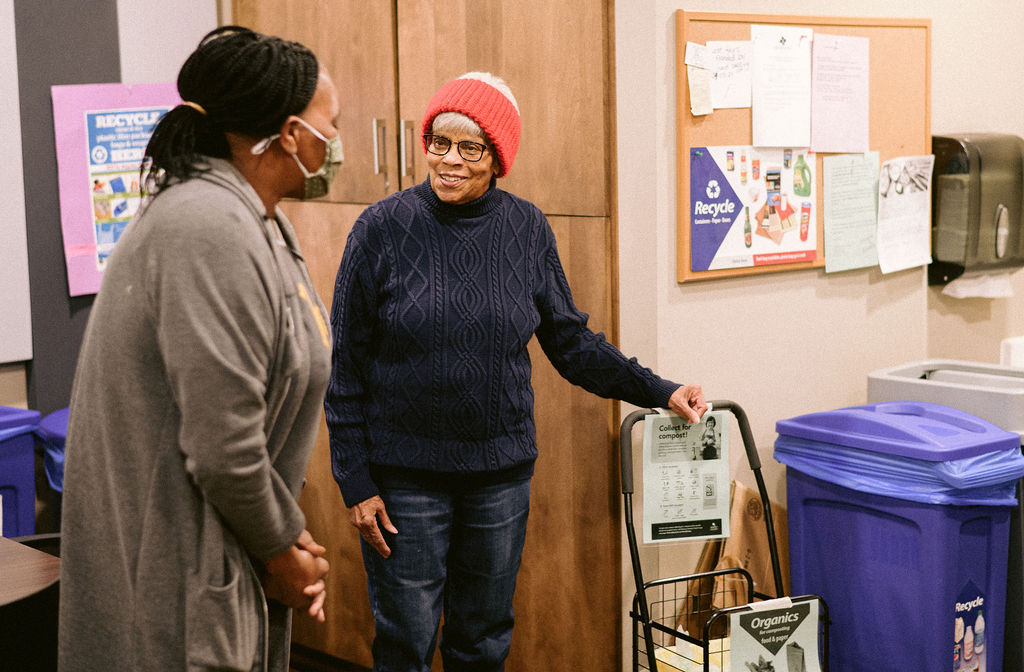
In 2021, three projects were completed, and two new grants were awarded through the Business Pollution Prevention Program in Ramsey County. Projects included two dry cleaners replacing PERC machines with cleaner options and three auto body shops converting equipment and products from solvent-based to more efficient, water-based products. New grantees are expecting to see up to a 50% reduction in volatile organic compounds (VOC) emissions and hazardous waste, eliminating over 3,000 pounds of VOCs from the environment.
Additional funding was leveraged from the MPCA Dry Cleaner Cost Share Program, Environmental Initiative and the Minnesota Technical Assistance Program to help make projects affordable (or even free) to business owners. This program will expand to Washington County in 2022.
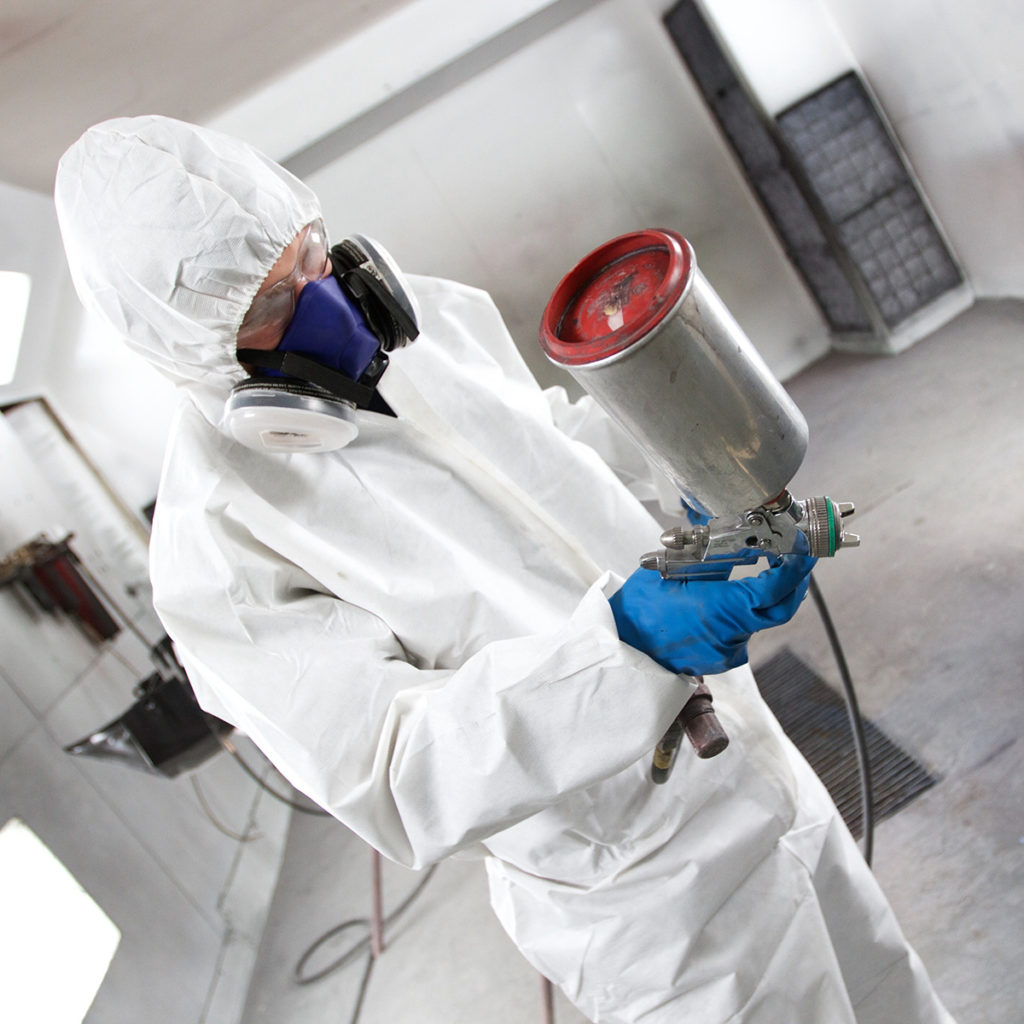
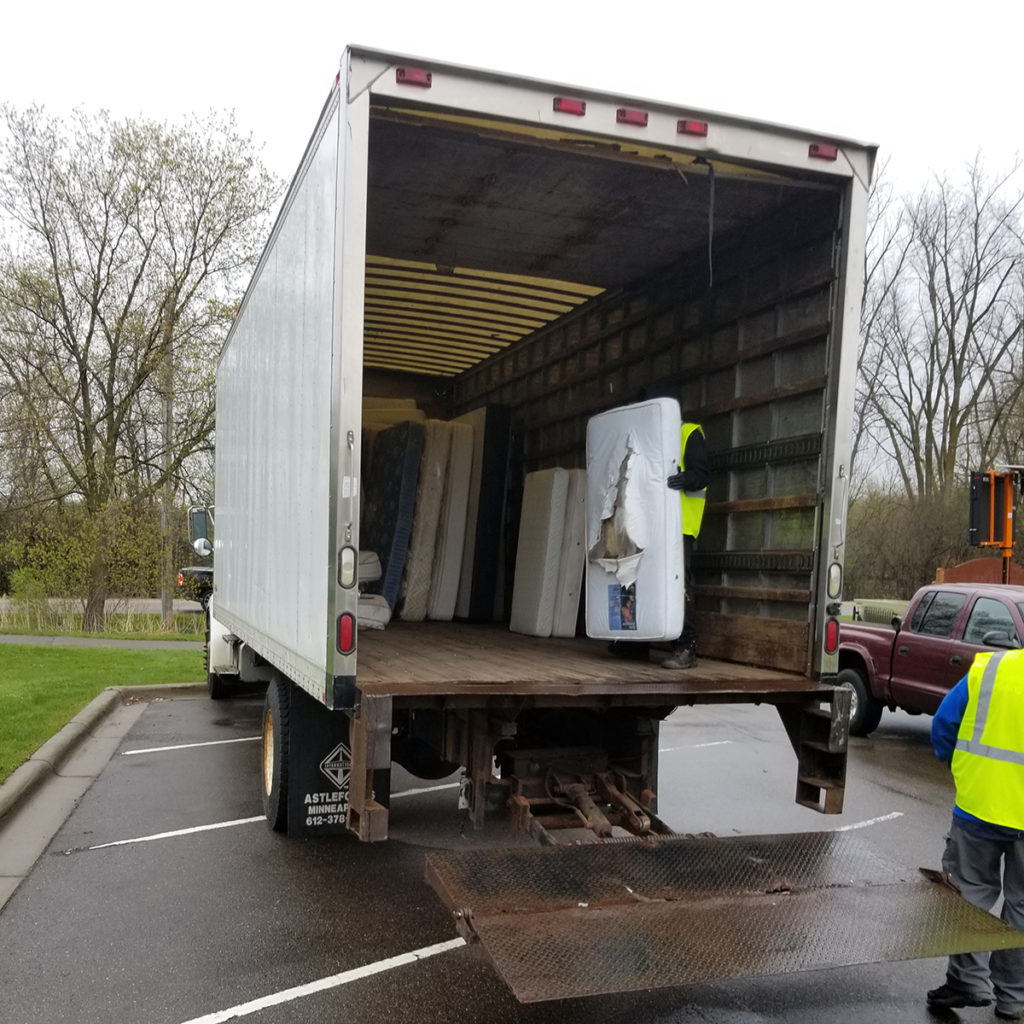
R&E partnered with Second Chance Recycling to operate several pilot programs aimed at collecting mattresses for recycling for free or reduced cost to residents. Mattresses were collected from three city cleanup events, three multi-unit buildings, two residences managed by Saint Paul Public Housing Authority, and by curbside collection for residents of one city. These efforts resulted in the collection and recycling of over 1,500 mattresses, which is equivalent to approximately 99,000 pounds of waste prevented. The pilot tests will be used to inform future efforts to divert mattresses and other bulky items from trash to recycling.
R&E was selected as the “Outstanding Community Business Partner of the year” by EMERGE (the larger organization of which Second Chance Recycling is a part) for its work on these pilot programs.
In advance of rolling out the food scraps pickup program, R&E hopes to increase demand for compost in the two counties. R&E and Ramsey County provided 829 cubic yards of food scrap-derived compost to 33 community gardens at no cost. R&E partnered with four community gardens and one city to monitor soil health, plant growth and water retention to better document the benefits and challenges of using food compost derived from food scraps in projects. The results of these demonstration projects will be used to inform best practices for using this type of compost in future projects.
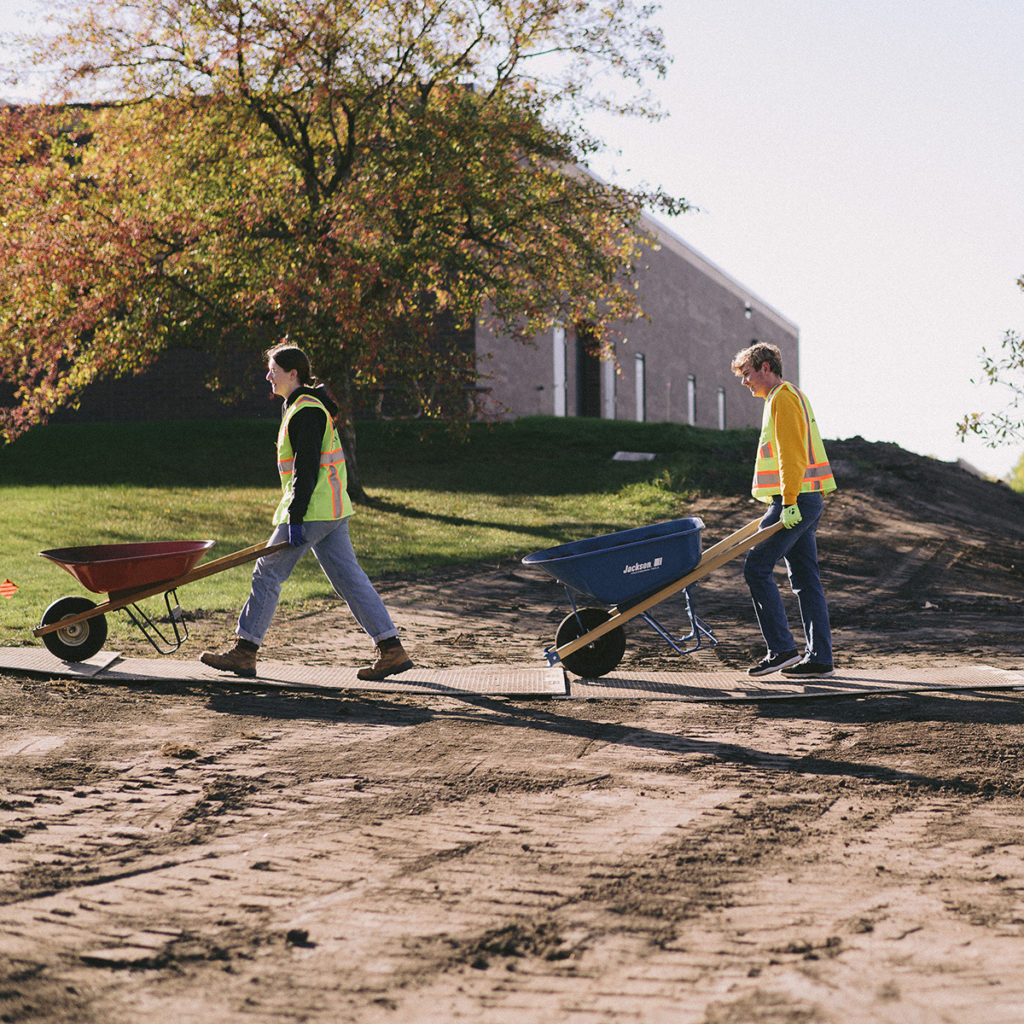
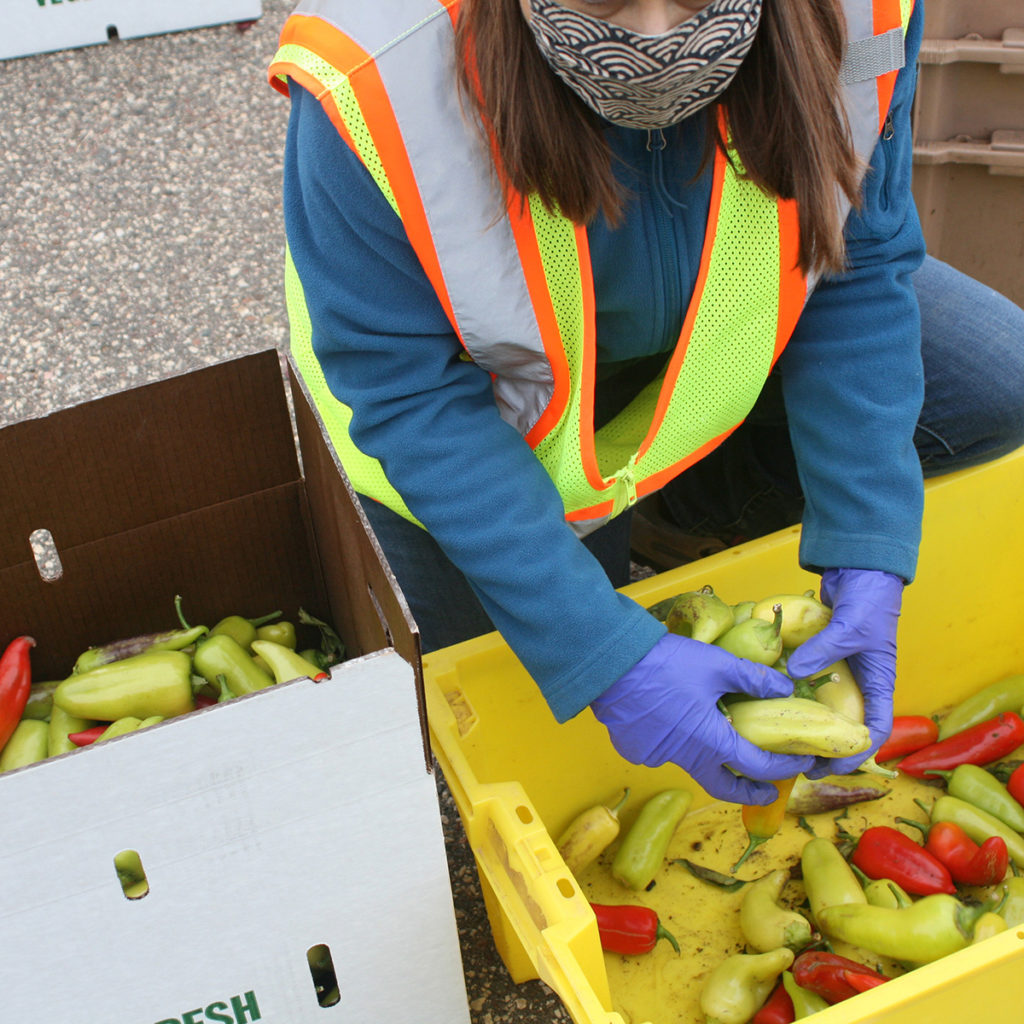
In 2021, R&E partnered with 14 organizations to support food waste reduction efforts. Some of the highlights of this work included:
Deconstruction is the process of taking apart a building so materials — like cabinets, light fixtures, structural lumber, doors and more — can be reused instead of being sent to a landfill. At the end of 2021, R&E and Ramsey County launched a new grant program to support deconstruction projects at residential and commercial properties. This program will expand in 2022 to include other elements like contractor trainings and material collection events. It will also expand to Washington County.
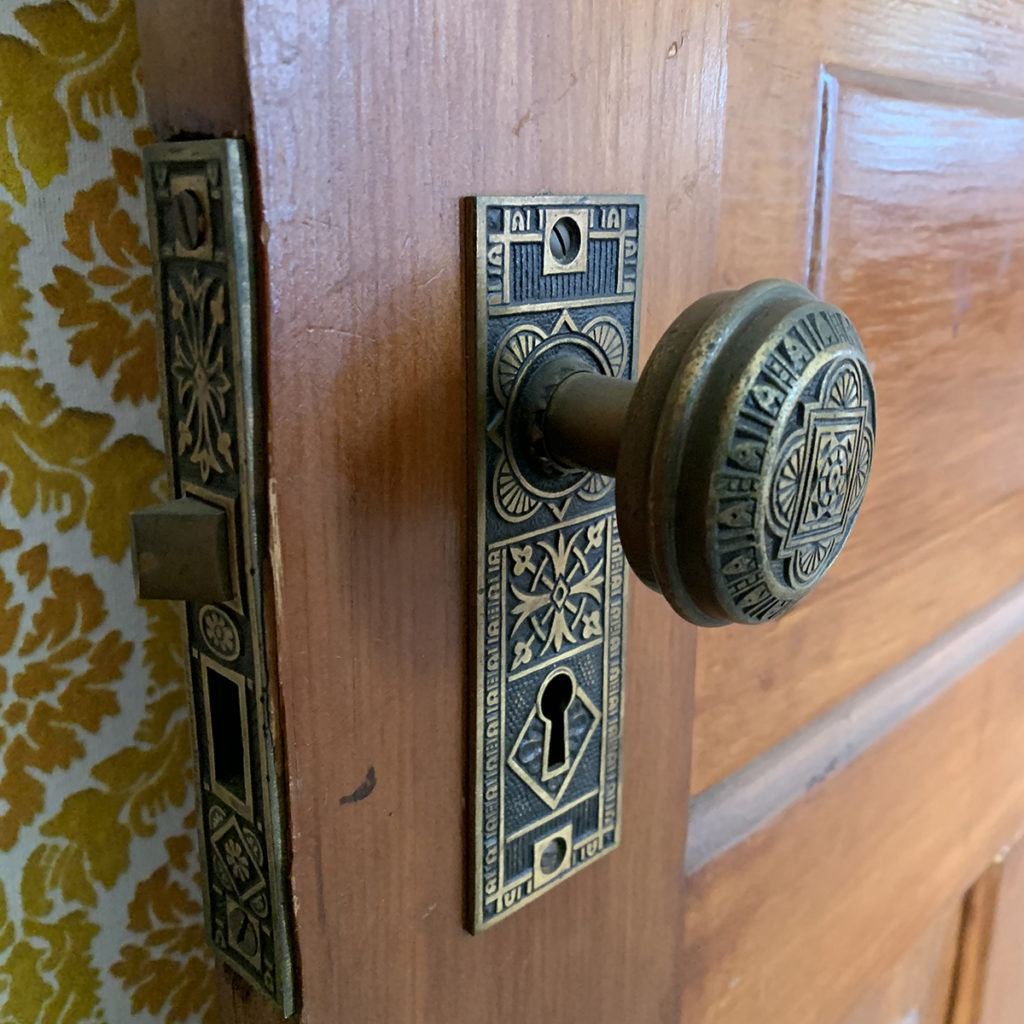
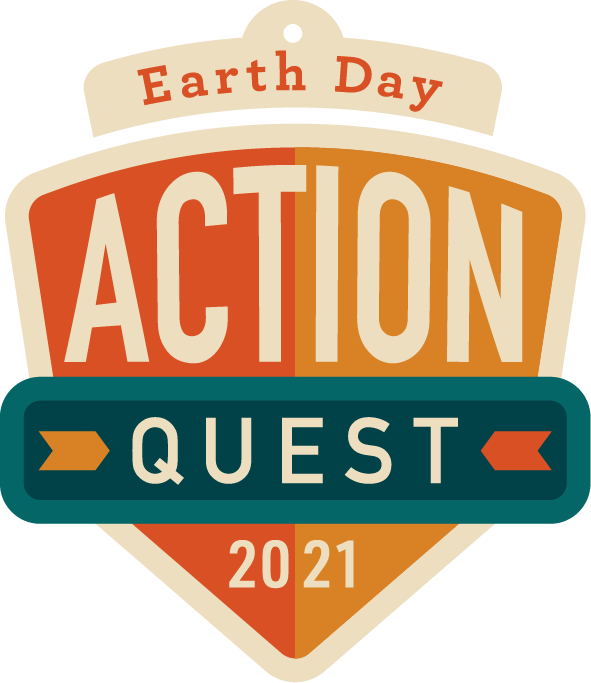
Earth Day Action Quest was back for its second year. The program encouraged residents to reduce waste, recycle better and appreciate our beautiful environment. The campaign site had 963 visitors, with donating used items, collecting food scraps and visiting local parks as the most popular program activities.
R&E made improvements in 2021 to help better communicate with and serve the community, including:
R&E won two awards from the Minnesota Association of Government Communicators in 2021. The first was for fliers with food waste reduction tips that were included in boxes of food distributed to families during the pandemic. The second award was for photography documenting R&E Center facility and staff.
New in 2021, the R&E Quarterly is an internal newsletter created by and for R&E staff. R&E Quarterly aims to create a shared culture amongst staff and share information related to the work of R&E. In the newsletter, staff find a wide range of stories and information, including introductions to new staff; celebrations; updates on current projects; and ways staff strive to embody the mission, values and vision of the organization.
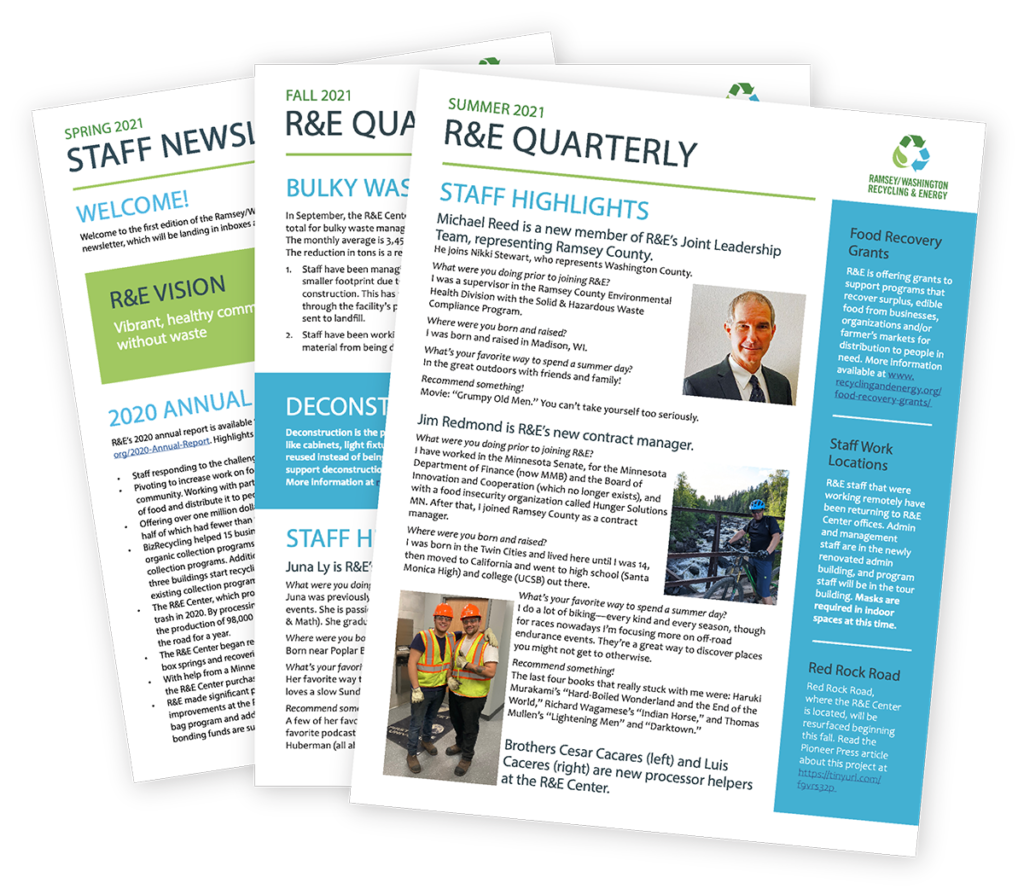

Working with six transfer stations and over 80 haulers, the Ramsey/Washington Recycling & Energy Center (R&E Center) processes all the trash from residents and businesses in the two counties. That’s about 13% of the state’s trash. At the R&E Center, trash is processed to recover recyclable metals and to produce a fuel used in Xcel power plants to generate electricity. Processing trash keeps it out of landfills and recovers value.
Impact
fewer metric tons of CO2 produced than if trash had been landfilled

cars taken off the road for a year

powered for a year by electricity generated from refuse-derived
In 2021, there were no instances of municipal solid waste (MSW) odor detections above permitted levels. R&E and its contractors conducted 598 odor inspections in 2021, with 31 resulting in municipal solid waste (MSW) detects, none of which were above permitted levels.
Ramsey and Washington counties have been evaluating alternate, next-generation technologies to manage waste for nearly two decades. In the past two years, R&E has initiated major efforts to secure new processing options for the trash managed at the R&E Center. This will help the facility transition away from producing only refuse-derived fuel and/or allow the facility to manage this fuel differently. Processing options include anaerobic digestion, gasification and/or chemical (plastics-to-plastics) recycling, among others. In 2020, R&E released the first phase of a two-phase procurement process to solicit potential partners in this work. In 2021, the R&E Board invited nine proposers from phase I to submit a supplemental phase II proposal with more details on their proposed technology and financial and operational approach. In August 2021, R&E received the phase II proposals and began the process of evaluating and analyzing them using a comprehensive team of staff and multiple consulting firms, with the purpose of returning to the R&E Board in 2022 to present recommendations to select one or more partners with which to move forward.

R&E operates out of three budgets: the Joint Activities Budget, the Facility Budget and the Equipment Maintenance & Repair Budget.
JOINT ACTIVITIES BUDGET
Project Management
1,533,563
Business Recycling
3,403,000
General Outreach
1,004,073
Policy Evaluation
787,750
Ramsey County Additional Programs
1,270,385
TOTAL
$7,998,771
The Joint Activities Budget supports a variety of projects to meet goals outlined in the counties’ waste management plans and is funded by Ramsey and Washington counties. Both counties charge a fee associated with collecting trash, referred to as the County Environmental Charge (CEC). A portion of CEC fees funds the Joint Activities Budget.
FACILITY BUDGET
Personnel
6,811,785
Fuel
5,752,942
Landfill
6,042,066
Transportation
6,827,374
Transloading
2,392,401
Operations
8,682,852
Debt Service
1,695,748
TOTAL
$38,205,168
The Facility Budget supports the operation of the R&E Center. This enterprise budget is funded by tipping fees.
EQUIPMENT, MAINTENANCE AND REPAIR BUDGET
Equipment
774,519
Maintenance
412,831
TOTAL
$1,187,350
The Equipment Maintenance & Repair Budget supports equipment maintenance, repair and replacement at the R&E Center. This budget is funded by the sale of recyclables recovered from the trash at the R&E Center.